Advantages of Hollow Rock Anchor Bolts in the Field of Geotechnical Anchoring
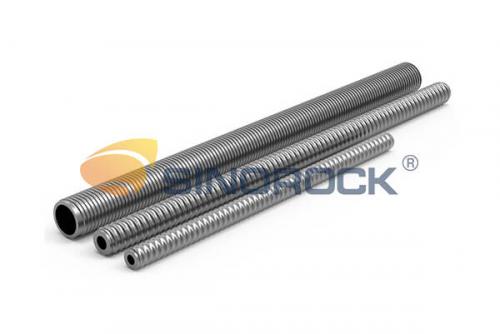
For a long time, ordinary mortar bolts have
been widely used in geotechnical anchoring fields such as tunnels and slopes
due to their low cost. The advantages of the field are gradually reflected and
gradually replace the mortar bolt in many fields, so what are the advantages
that make the hollow rock anchor bolt more and more widely used in the field of
geotechnical anchoring? A brief analysis can be made from the following points.
Cost
of Use
In recent years, with the continuous
development and promotion of hollow grouting technology, the application range
of hollow bolts has continued to expand, and the output of hollow bolts and
their accessories has increased significantly, making the processing of hollow
bolt raw materials and the production of bolt rolling equipment on a large
scale. Hollow bolts and their accessories are gradually being produced
automatically, which greatly reduces the cost of hollow bolts. At the same
time, the anchoring capacity of hollow rock anchor bolts is much larger than
that of mortar bolts. It can be adopted to reduce the use density of bolts to
further reduce engineering costs. Therefore, the cost of using a hollow bolt in
a project is comparable to that of using a mortar bolt.
Durability
A hollow rock anchor bolt is grouted from
the inside to the outside through the inner hole of the rod. At the same time,
the outer end of the anchor hole is provided with a grouting plug and a backing
plate, which can effectively prevent the slurry from overflowing. If necessary,
pressure grouting can be carried out to make the slurry diffuse to the rod
body. Due to the cracks in the surrounding rock and soil, a sufficiently thick
and uniform protective layer can be formed around the hollow bolt, which greatly
improves the durability of the rod body; while the ordinary mortar bolt often
adopts the process of grouting first and then inserting steel bars, which is
difficult to ensure full grouting. Therefore, it is often difficult to avoid
the exposed steel bar of the rod body. If the exposed steel bar is in contact
with groundwater, it will cause corrosion of the steel bar and reduce the
durability of the anchor.
Adaptability
to the Geological Environment
The hollow rock anchor bolt can
be drilled by combining the drill pipe and the hollow bolt body, so it can be
used in the stratum that is weak and broken and difficult to form holes, while
the ordinary mortar bolt generally needs to be drilled in advance, so in the
face of weak and broken rock mass construction, the ability to deal with the
phenomenon of hole collapse often occurs when the drill pipe is pulled out is
poor.
Provide
Prestress
The use of hollow rock anchor bolts with
expanded shells or prestressed self-propelled hollow rock anchor bolts can
actively transmit the tensile load to the rock and soil mass by tightening the
nuts or tensioning devices, which can improve the weak structural surface or
potential slippage. Shear strength of the moving surface. The ordinary mortar
bolt generally has no backing plate, so it cannot provide prestress.
It can be seen from the above content that
the use of hollow rock anchor bolts can greatly improve the project quality
compared with ordinary mortar bolts, and the actual construction cost does not
increase much.
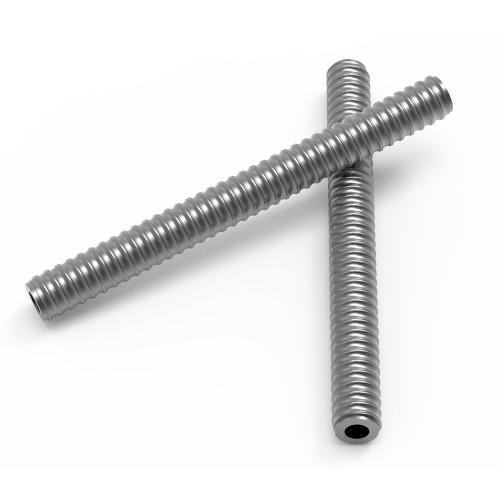
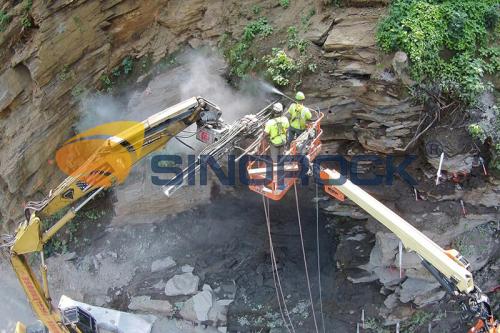



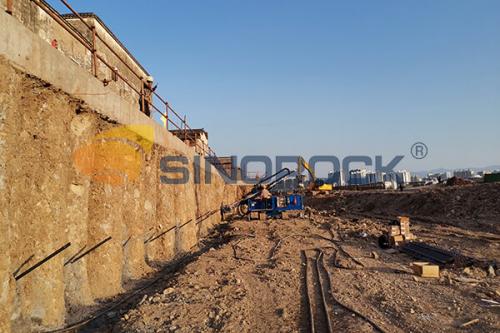
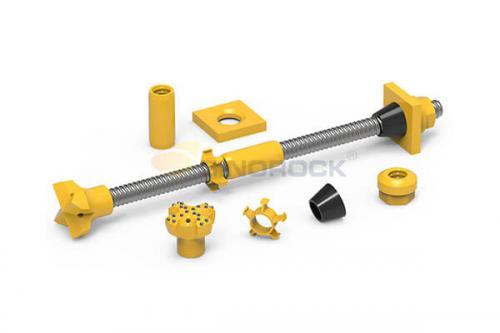
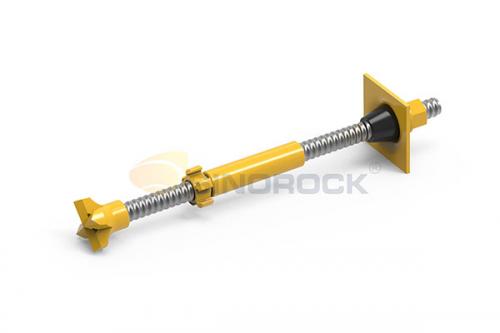
Comments